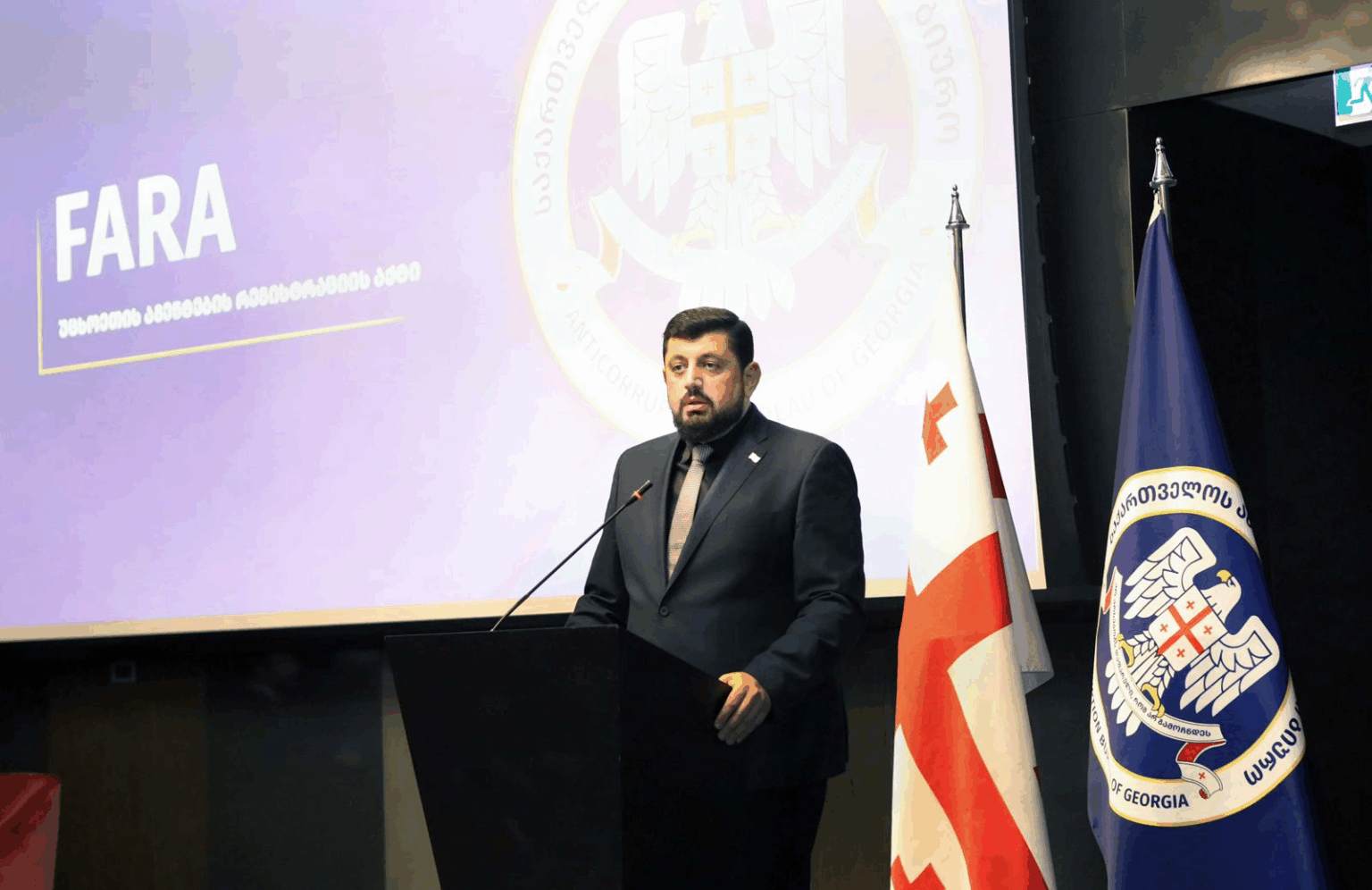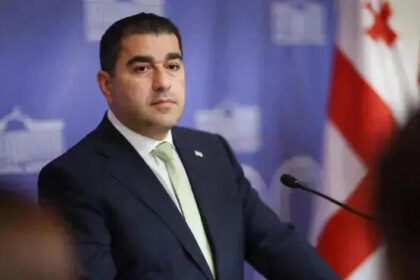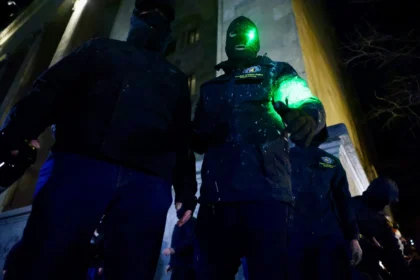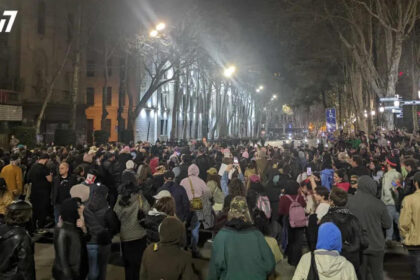The Economic Policy Research Center (EPRC) has become the seventh civil society organization to report receiving an inspection notice under Georgia’s interpretation of the Foreign Agents Registration Act (FARA), the controversial law that came into force in late May.
“In this letter, we are accused of violating the so-called ‘foreign agents registration law,’ threatened with criminal liability, and asked to explain why we have not registered as agents,” EPRC said in its August 20 statement.
Earlier, six Georgian NGOs, including Civil Society Foundation, Sapari, Transparency International – Georgia, Media Development Foundation, International Society for Fair Elections and Democracy (ISFED), and Social Justice Center, also reported receiving similar notices from the Anti-Corruption Bureau, a public agency headed by Razhden Kuprashvili, believed to be loyal to the ruling Georgian Dream party.
The series marks the first time Georgian authorities have used the foreign agents law to directly target critical watchdogs. Leading Georgian NGOs have vowed not to register with the FARA portal, which they view as humiliating and stigmatizing.
The notice letters, as seen by Civil.ge, cited financial records, public information, and a separate inspection under different laws by the Bureau from back in June, to allege that CSOs’ activities “could constitute political activity” under Georgian FARA.
In the letters, the Bureau warns of criminal liability for those who fail to register as an “agent of a foreign principal” under FARA and requests explanations for not registering on time. The agency also cites earlier remarks by NGO representatives regarding their refusal to comply with the June court order and about the “destruction of certain documentation,” requesting explanations on that matter as well. The Bureau then requests that the watchdogs submit data within ten days.
The Georgian version of the American Foreign Agents Registration Act (FARA) took effect on May 31. It is the second foreign agents law adopted by the Georgian Dream parliament after last year’s “Law on Transparency of Foreign Influence,” aka “Russian law”, which also remains in force.
The Georgian FARA is an exact translation of the U.S. FARA document enacted in 1938. It mandates that those considered “agents of a foreign principal” register within ten days in a special FARA registry administered by the Anti-Corruption Bureau. Those who defy will face harsh penalties, including criminal prosecution and jail time of up to five years. Citing the ambiguity of the document and the rhetoric of the party that adopted it, critics have feared that Georgian FARA will be used to target the same groups that the American version has largely spared – independent media and NGOs.
The Anti-Corruption Bureau, mandated with enforcing the law, has launched a special FARA portal for those willing to register. While the portal already contains applications from various organizations, the groups believed to be the primary targets of the law have pledged not to register, citing the local stigma associated with the term “agent,” which is often understood as “spy” or “traitor.” Leaders of Georgian Dream have repeatedly labeled their critics as “foreign agents.”
Six CSOs Say They Are Inspected under Georgian FARA
Five Organizations Report Being Inspected Under “Russian Laws”
The Daily Beat: 2 June
Brussels: Georgia’s FARA “Serious Setback” for Democracy
Georgian Dream’s FARA Takes Effect
EPRC, Another NGO, Reports Being Inspected Under Georgian FARA












